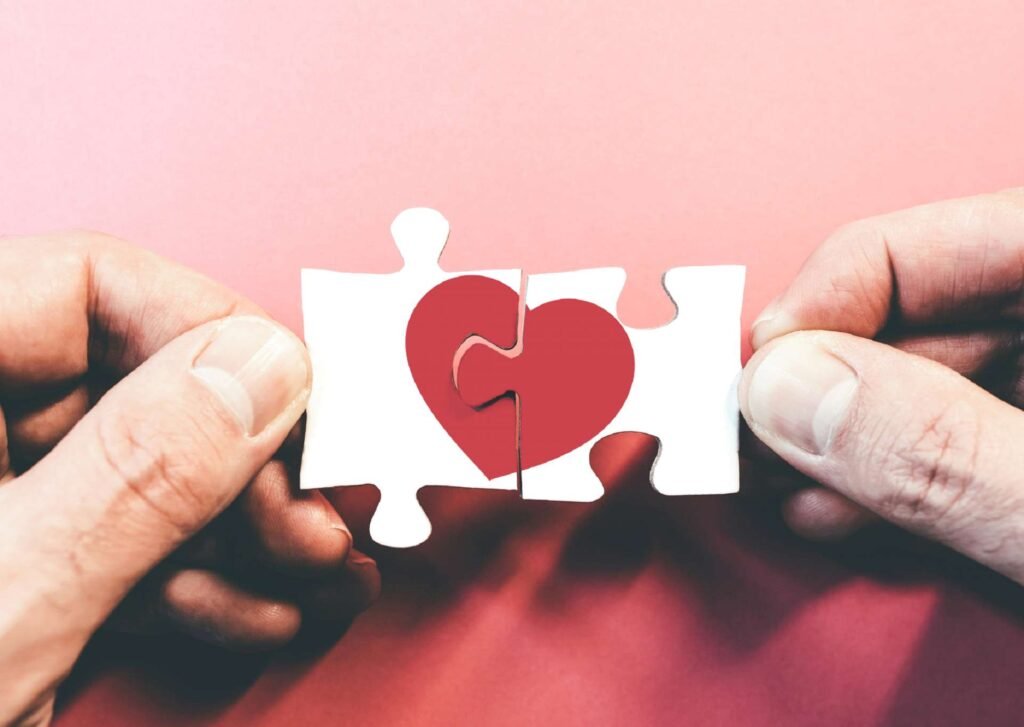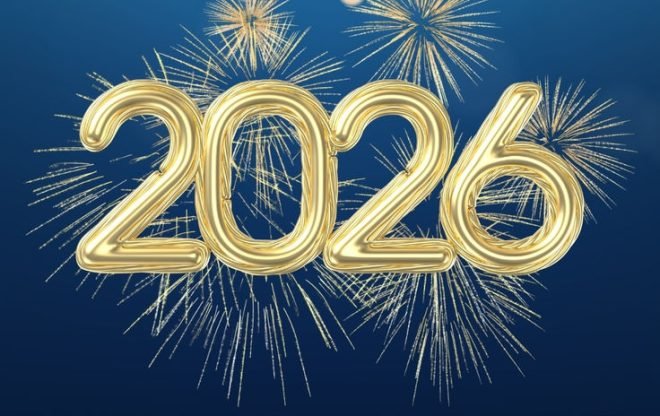Understanding the Psychology Behind Valentine’s Day: Why We Love Love
Valentine’s Day—some adore it, others roll their eyes at the heart-shaped balloons and overpriced dinners, but no matter where you stand, it’s hard to ignore the significance this day holds in human psychology. Why do we crave grand gestures of love? Why does the absence of romance on this particular day feel heavier? Let’s dive into the psychology behind Valentine’s Day and uncover what truly makes it special.
The Need for Connection
At the heart of Valentine’s Day lies a fundamental human need—connection. As social beings, we are wired to seek companionship, emotional security, and love. Psychologist Abraham Maslow’s hierarchy of needs places love and belonging right after physiological and safety needs, emphasizing how essential relationships are to our well-being. Valentine’s Day, whether we realize it or not, taps into this deep-rooted need, making us reflect on our relationships and the role they play in our lives.

The Dopamine Effect: Why Love Feels Like a High
Ever wondered why being in love feels so euphoric? It’s all thanks to dopamine, the brain’s “feel-good” chemical. Romantic gestures—whether it’s a heartfelt letter or a surprise date—trigger dopamine release, making us feel pleasure and excitement. This is the same neurotransmitter associated with motivation and reward, explaining why Valentine’s Day, with all its anticipation, can feel so thrilling.

The Social Pressure Factor
While love is personal, Valentine’s Day is also deeply influenced by societal expectations. Social media amplifies this pressure, with perfectly curated posts showcasing grand proposals, luxurious gifts, and elaborate date nights. Even those who aren’t typically affected by societal norms may feel a twinge of FOMO (fear of missing out) when bombarded with images of romantic celebrations. This can sometimes lead to feelings of inadequacy or loneliness for those who aren’t in a relationship or who prefer a more low-key celebration.
Love Languages and Valentine’s Day
Gary Chapman’s concept of the five love languages—Words of Affirmation, Acts of Service, Receiving Gifts, Quality Time, and Physical Touch—explains why Valentine’s Day celebrations vary so widely. Some people love receiving gifts, while others find deeper meaning in a simple, heartfelt conversation. Understanding your partner’s love language can transform how you approach Valentine’s Day, making it more about genuine connection rather than societal expectations.

The Psychology of Singles on Valentine’s Day
For those not in relationships, Valentine’s Day can evoke mixed emotions. Some embrace it as a day of self-love and celebration with friends, while others struggle with feelings of loneliness. The key is reframing the narrative—love isn’t just romantic; it’s also about friendships, family, and self-compassion. Treating yourself to something special, planning a fun day with friends, or even reflecting on personal growth can shift the perspective from “being alone” to “celebrating love in all its forms.”
Why We Keep Coming Back to Valentine’s Day
Despite the criticisms of commercialization, Valentine’s Day persists because, at its core, it fulfills an emotional need. It gives couples an opportunity to express appreciation, reminds singles to embrace self-love, and, in a fast-paced world, nudges us to pause and acknowledge the people who matter most.

So, whether you’re all in for candlelit dinners or simply using the day as an excuse to indulge in chocolates, Valentine’s Day is ultimately what you make of it. Because at the end of the day, love—whether for a partner, a friend, or yourself—is always worth celebrating.
Found this helpful? Subscribe below for more



